Coronavirus and Brexit: ‘boy who cried wolf’ Boris Johnson will not regain his squandered trust
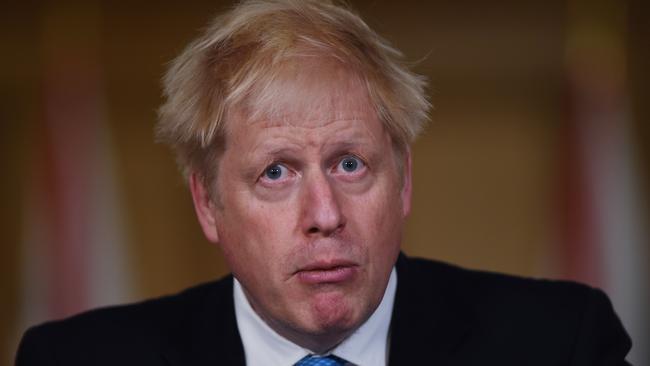
Through his frivolity, Mr Johnson has sacrificed trust, the most precious commodity in politics, and that is a disaster in the multiple crises he now faces. The negotiations with the European Union depend on building a relationship of trust so that compromises can be broached in a spirit of honest exchange. The prime minister has, however, been playing politics all along. Nobody believes his latest pronouncement that we are heading for no deal with “high hearts”. The boy Boris has cried wolf too many times and so, whatever the truth of it, his declaration is taken — both in Brussels and by business — as the latest piece of posturing.
Brexit cliff edge
If he is serious, then that is dangerous because it means the country will be less prepared for the cliff edge. If he’s not, then his games will make it harder to reach a free-trade agreement by the end of the year because he has squandered yet more goodwill.
In the same vein, Mr Johnson’s threat to break international law and override the commitments in the withdrawal agreement is seen by some MPs as just another dishonest stunt. One former cabinet minister told me: “It’s my view that they have decided to accept the deal that’s on the table. The whole Internal Market Bill thing is a deliberate piece of theatre to make it look like they’ve had a big fight and stood up for British interests so when they accept it they’ve got cover.”
Again, even if this is all a devious ruse, there are consequences. The damage to Britain’s reputation abroad, including in the United States, has already been done. And, as five British archbishops argued in their letter to the Financial Times, the plan will “further undermine trust” among those who govern the different parts of the United Kingdom, while having “enormous moral, as well as political and legal” ramifications.
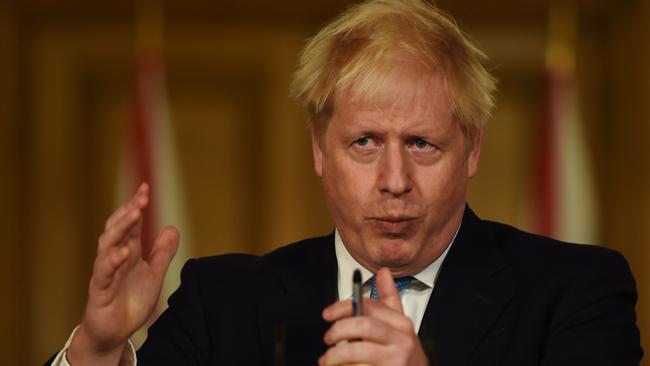
Like a conjurer, the prime minister is skilled at using diversion to avert the public’s eyes from the illusion but people are starting to see through his tricks.
Coronavirus chaos
When it comes to the coronavirus, Mr Johnson has sacrificed the trust of the public and of his own MPs through his chaotic management of the crisis. According to the latest YouGov poll, 32 per cent think the government is handling the pandemic well. Chris Curtis, YouGov’s research manager, believes it is “an opportunity wasted to rebuild trust in our political institutions, as has happened in other countries around the world, but hasn’t happened here because the government are perceived to have done such a bad job”.
There has, in fact, been a further deterioration of trust at every level. Trust has broken down between local and national politicians, between ministers and their scientific advisers and even within the cabinet as different factions argue about the balance between livelihoods and lives. Trust in a future vaccine is so low that there is discussion about calling in the Queen to increase uptake. Trust in the test and trace system is shot to pieces, with many alarmed by the plans to give the police the contact details of those who have been told to isolate. The restrictions will only work if people are willing to follow them and the loss of trust is already harming compliance as voters conclude that the government either has no idea what it is doing or is driven by the wrong motives.
Pandemic about politics
As with Europe, the pandemic has become increasingly about politics, with the prime minister bowing to pressure from the Tory right. The Eurosceptic “Spartans” have become the lockdown hawks and the rebels such as Steve Baker who made Theresa May’s life a misery are now doing the same to Mr Johnson, their former hero. Indeed, MPs take delight in pointing out that the prime minister owes his position to a previous rebellion and so can hardly complain. This disagreement is also about trust. The critics argue the government should have faith in the people to do the right thing — as in Sweden which, according to its chief epidemiologist Anders Tegnell, has a “trust-based approach”.
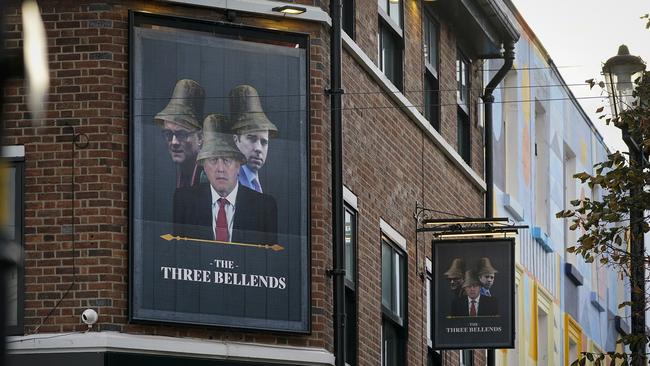
Confucius told his disciple Tsze-Kung that three things are needed for government: food, weapons and trust. If a leader cannot maintain all three they should, he said, relinquish the weapons first and the food next. Trust should be guarded to the end because “without trust we cannot stand”. Trust is essential in human relationships and business but also for democracy to function. Black Wednesday and the war in Iraq were tipping points in the relationship between politicians and the voters because they undermined trust. The Liberal Democrats have still not recovered from breaking a decade-old promise not to raise tuition fees.
‘A fox disguised as a teddy bear’’
The philosopher Baroness O’Neill of Bengarve argued in her Reith lectures that the key to regaining trust was simply to be trustworthy. “Deception is the real enemy of trust,” she said, and at the moment the government is not being trustworthy. The truth is Mr Johnson has never valued honesty or reliability. He has been sacked from two jobs for lying and was described by another boss, the former newspaper proprietor Conrad Black, as a “fox disguised as a teddy bear” after he misled him by insisting he would not pursue a political career while editing The Spectator, then applied for a parliamentary seat. The long history of unfaithfulness to women was only reinforced at the weekend by Jennifer Arcuri’s confirmation of their affair.
“I think he honestly believes that it is churlish of us not to regard him as an exception, one who should be free of the network of obligation which binds everyone else,” one teacher wrote of Mr Johnson in a school report. But as prime minister that has implications for the country as well as for his own life. The failure to censure his chief adviser Dominic Cummings when he broke the rules with his eyesight-testing trip to Barnard Castle was the moment at which the public’s respect cracked and the willingness to follow the rules began to erode.
Trust has broken down at the very moment when it is needed more than ever and it’s the prime minister’s fault for trivialising the world around him. It is hard to see how he recovers from that.
The Times
More Coverage
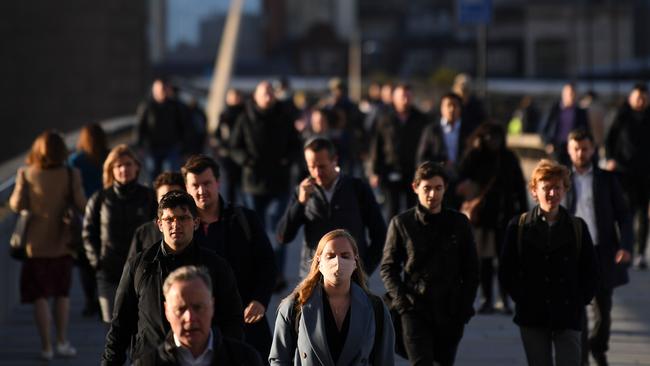

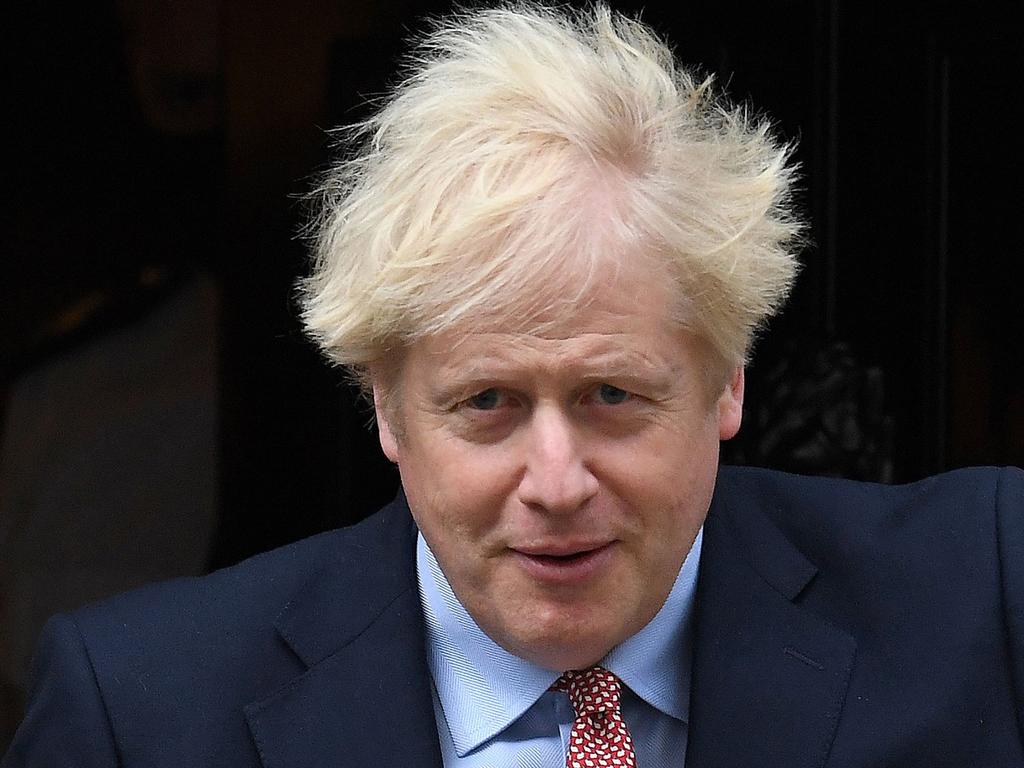
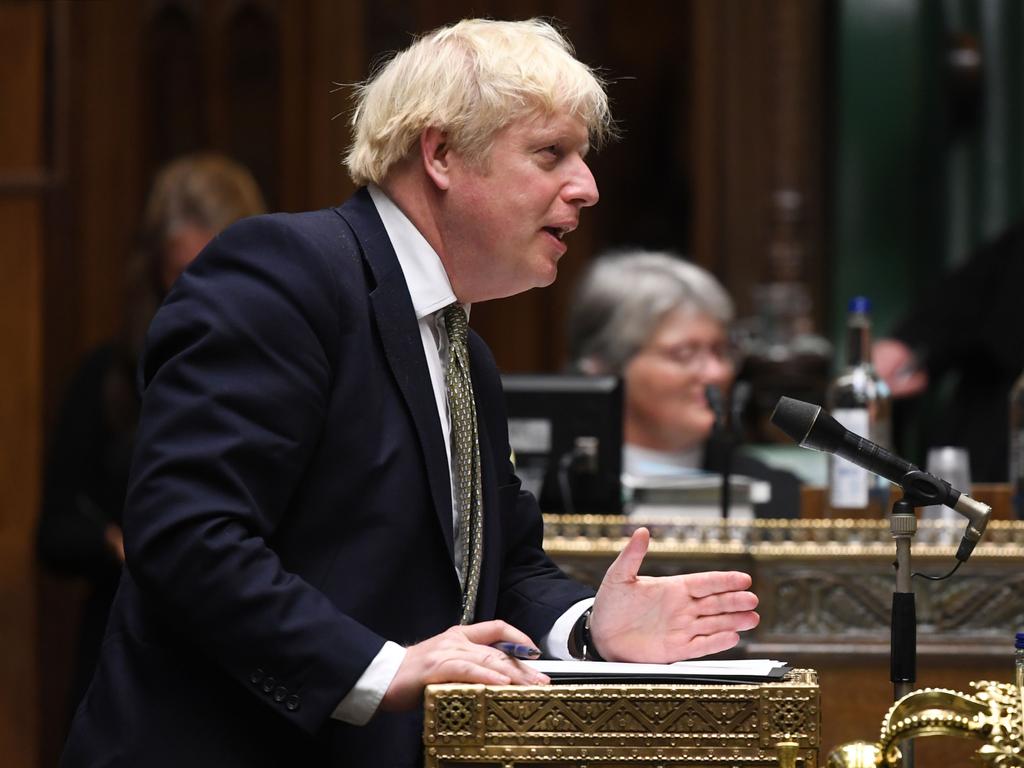
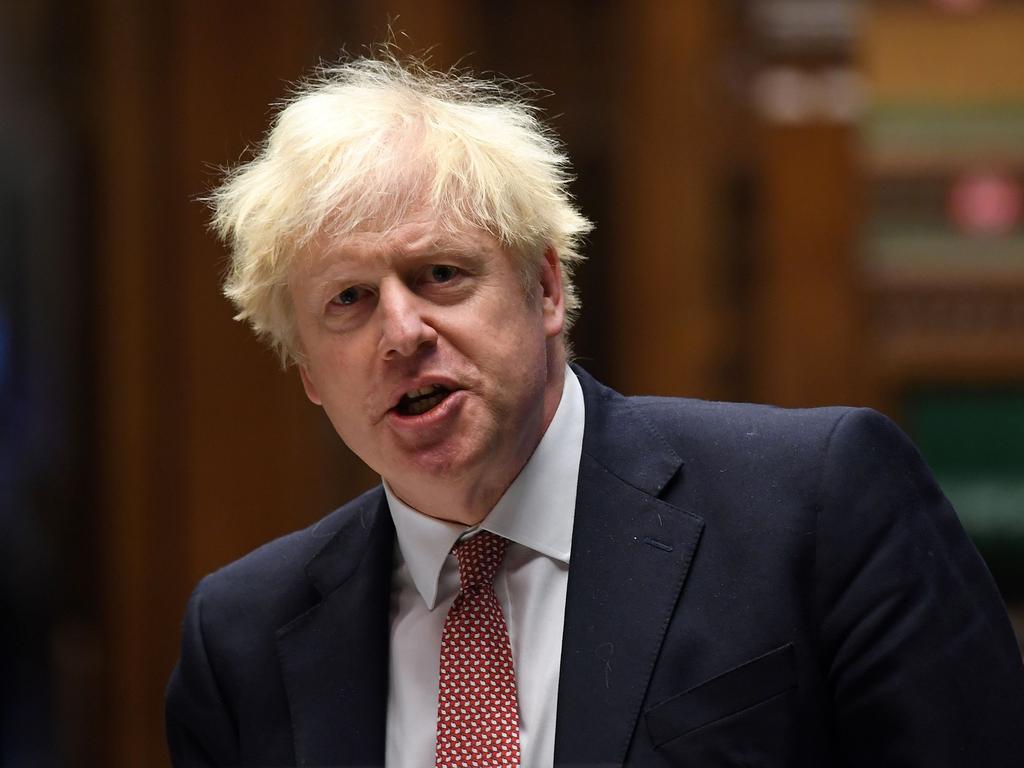
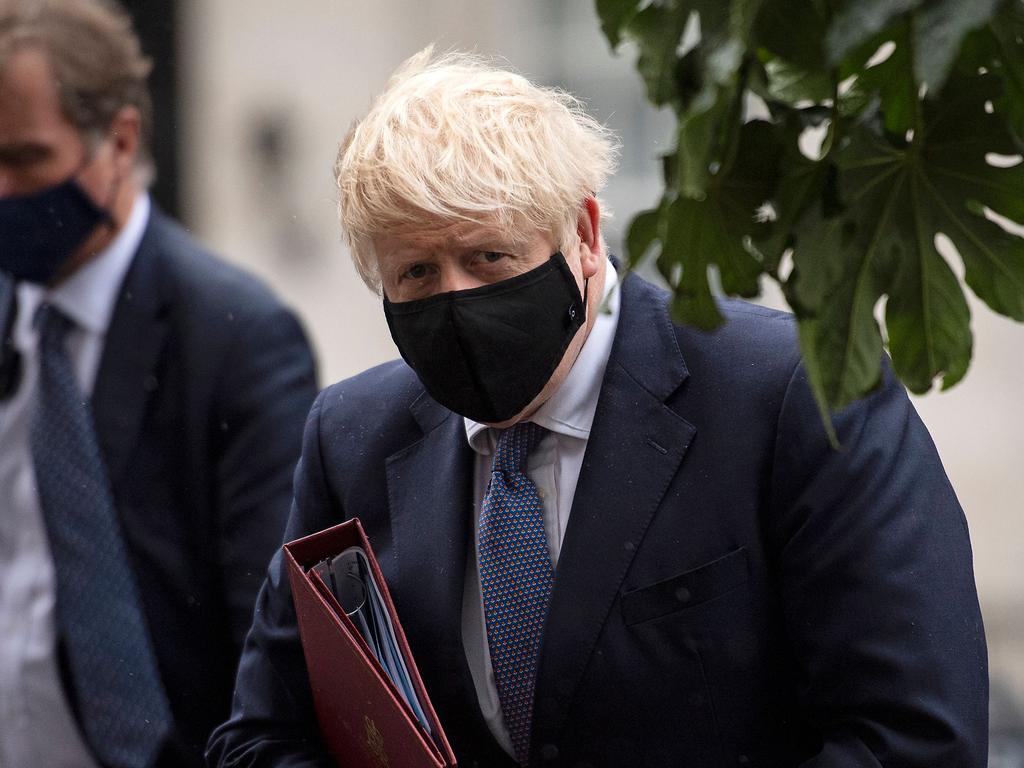


Boris Johnson learnt from his father Stanley the motto: “Nothing matters very much and most things don’t matter at all.” But it’s not true. The opposite is the case for a prime minister whose red box is filled daily with things that matter a great deal indeed — never more so than during a pandemic, with the country heading into an economic downturn as the Brexit deadline looms.